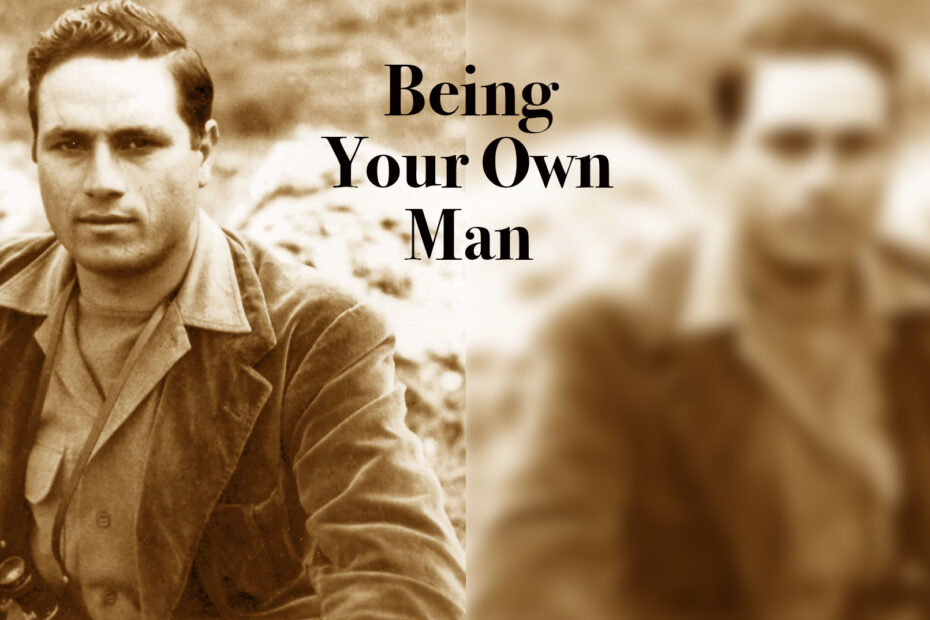Here is article 2. If you find it interesting, do leave a comment and pass it on. Best regards, John
Being Your Own Man
The classic Italian movie, “Salvatore Giuliano”, brings to life the compelling story of a Sicilian bandit and leader of separatist rebels who, at the age of twenty-seven, had become one of Italy’s most wanted criminals. Yet in the eyes of the ordinary people, long exploited and oppressed by both corrupt government officials and the Mafia, Salvatore Giuliano was a celebrated hero.
A mafia boss repeatedly attempts to co-opt the doggedly principled Giuliano, without success. The pitiable Mafia boss can neither comprehend nor corrupt Giuliano’s potency of character. Unprepared to tolerate Giuliano’s disruption of the lucrative complicity of Mafia and State, he secretly orders his execution. Giuliano’s bullet ridden corpse is subsequently found dumped face down in Castelvetrano. The mafia boss later asks Giuliano’s friend, “why wouldn’t he come to me? I would have been a father to him”. The friend replies, “He would never…because he was a father to himself”.
Giuliano’s friend’s reply is a most telling characterization of the man. Yet it has something to say to all men about the nature of manliness. It suggests a means of achieving the transition from being a man merely in age and gender, to being a man who knows his own mind, who shapes his own life, and makes his own mark on the world. When a man decides to become a father to himself, he goes beyond merely asking, “what would my father think or do” in this or that situation. Rather he asks, “what would a father do? – what as a ‘father’ should I do”?
Father and son relationships are often fraught with tension and conflict, because of a failure to understand that a son must chart his own course, and must best his father in some way, in order to become a self-respecting equal with him in the world of men. Sons must not only be snatched away from mother’s apron strings, but must also decisively cease their dependence on or acquiescence to father. Many men, even in middle age, experience the continuing inertia of unrealized manhood because they are still preoccupied – often unknowingly, with lamenting an absent (or less than ideal) father, or living in their father’s shadow. There may be no simple formula for success in life, but there is a simple formula for failure: to betray and abandon the person we could become, and the life that we could have, in order to placate and please other people.
The decision to be ourselves and to be responsible for ourselves – to shape our own destiny, rather than living on the leftovers of someone else’s, is no small matter. It can be a frightening thing to take the first few steps into a future governed by our own volition and choices. But no other option can give us the dignity or manliness of a life that is, for better or for worse, uniquely and satisfyingly ours and ours alone.
